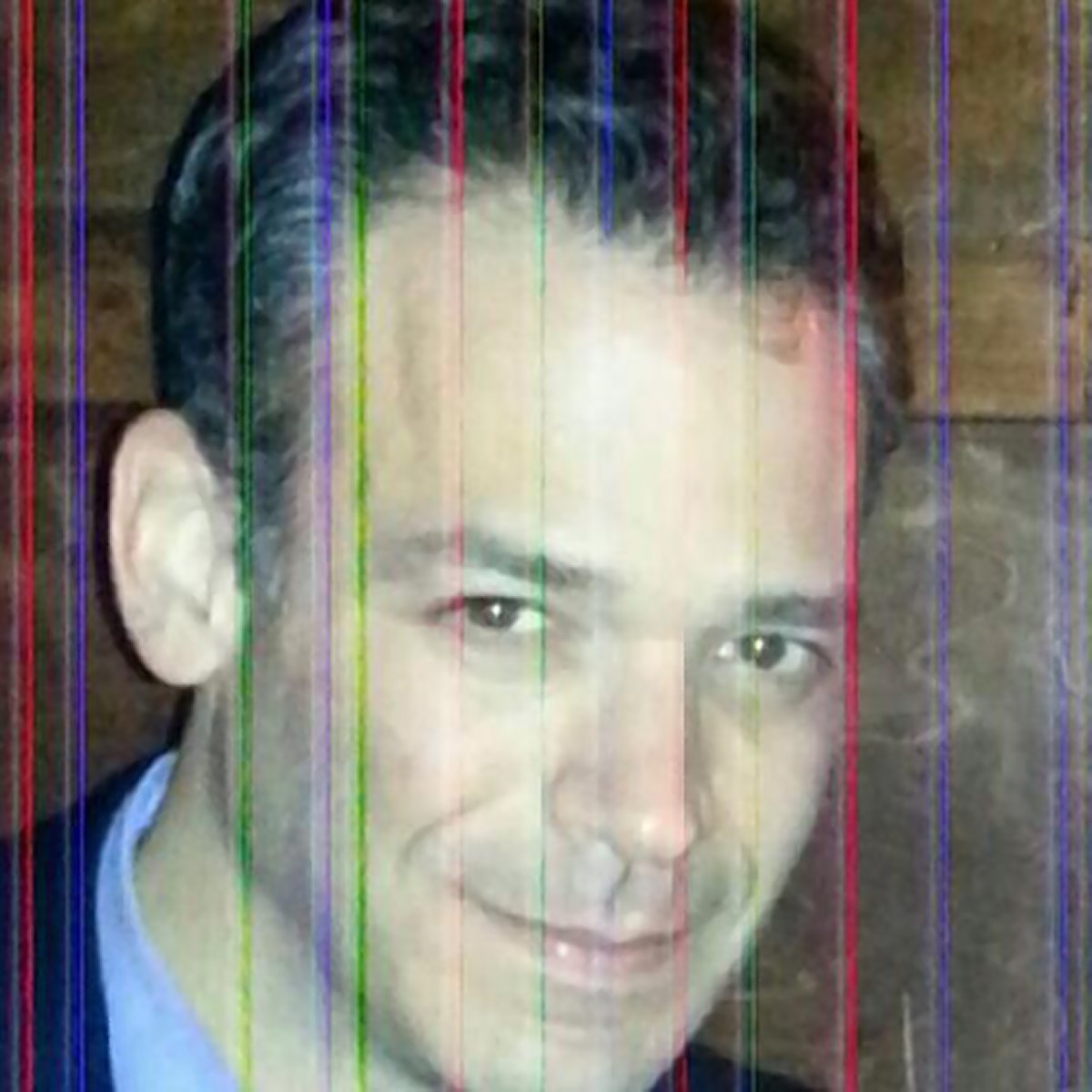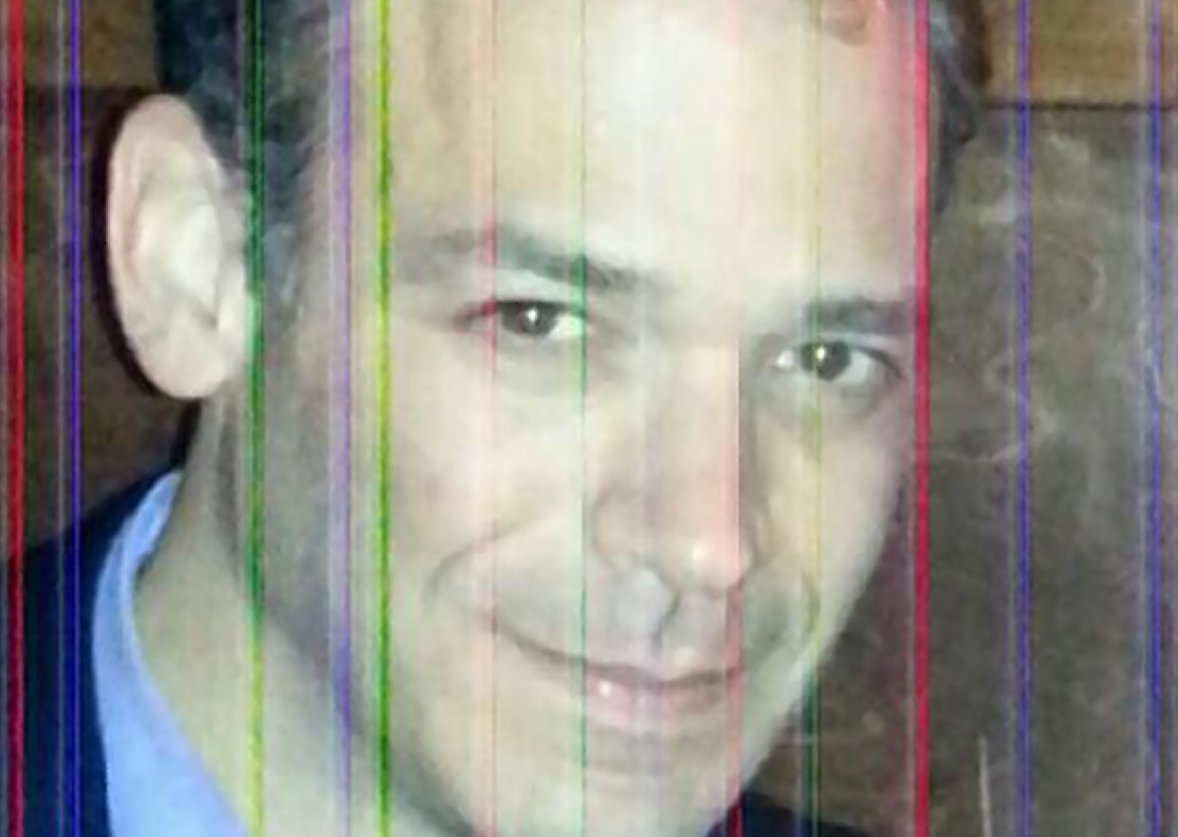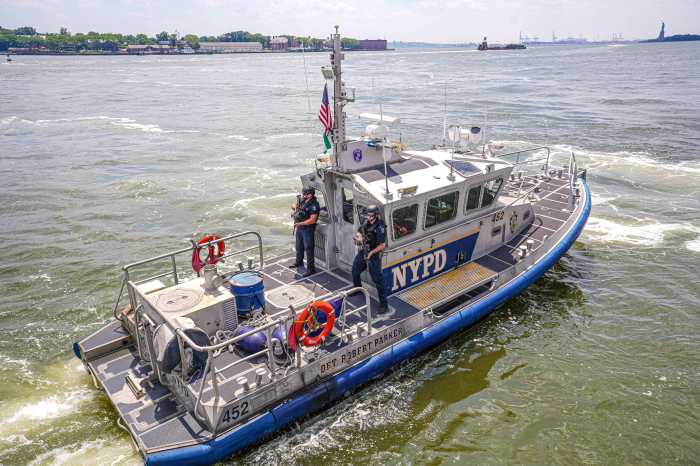
BY GERARD FLYNN | The “war on drugs” has had a long — and difficult — history ever since President Nixon declared it in June 1971. Since then, it hasn’t stopped millions of Americans from getting high on hard drugs, and recent data from around the nation signal what the Centers for Disease and Control call a nationwide “heroin epidemic.”
The introduction of the F.D.A.-approved OxyContin by Purdue Pharma, the so-called “heroin in a pill,” in 1996, has since seen a virtual explosion of opiate addicts — and an unprecedented number of deaths. Half a million Americans have died from a drug overdose since 2000, more than half of them from opiate abuse.
Last year almost 10,000 people nationwide succumbed to a heroin overdose, hundreds of them in New York City, home to many stories on the war on drugs, “The French Connection” among the many.
Sam Roberts, a New York lawyer with the Legal Aid Society, has more tales to tell from the dark side of drug abuse — only this time it’s about the law.
Roberts has scores of cases pending in which his client was — the attorney contends — unfairly targeted by the New York Police Department’s narc squads, who in getting their man — or woman — do little to help in the crisis, according to Roberts. Instead, in his view, the drug officers only bring more agony to the already-depressing lives of the addicted, a policing practice Roberts called “horrendous from many different perspectives.”
More than a thousands times it happens in the city per year, he said, including a recent client who was “arrested for alleged drug sale.” This client was in a meth clinic trying to get clean from heroin when a woman approached him and “repeatedly begs him to buy one of his methadone pills,” Roberts related.
After a back-and-forth for five minutes, his client ended up in cuffs and is now awaiting a lengthy stay in state prison. Unfair or not?
Every year, Roberts said, “It happens a thousand times in New York City, in all parts.” Narcotics cops from a variety of units will go out in street teams of plainclothes officers. Their job is to buy drugs on the street, then nab the middle man — the addict — but not the dealer, who gets away.
“They end up catching addicts who act as middle men — or are doing someone a favor,” he explained.
“You have a person who is trying to do the right thing, and if it were not for the undercover cop, there would have been no drug sale,” Roberts offered.
What’s behind this trend among the city’s narcotic squads?
“A lot of this is these teams creating work for themselves,” Roberts said, reiterating that they are “doing nothing to solve the drug problem.”
What the N.Y.P.D. do, Roberts admitted, is perfectly legal. Most cases are plea-bargained. However, if a case goes to trial, juries are instructed that there is nothing unlawful about undercover cops posing as street addicts to get drugs.
So, while police get an “easy arrest,” the busted drug addicts face months of “turmoil” as they await their fate before the city’s criminal justice system.
“It’s such a waste of everyone’s resources,” Roberts said. After all, he added, “People getting arrested in these kinds of cases are consumers of drugs, addicted, who are best dealt with through treatment not arrest.”
In other, unrelated news about Roberts, on Oct. 20 he was attacked after a party in Chelsea by Robert Beltrani, an administrative law judge who was allegedly drunk. Roberts was left with a black eye and a separated shoulder.
The judge, a former head of the Queens Republican Party, surrendered at the 13th Precinct and was issued a desk-appearance ticket.
“Maybe I wasn’t polite to him. I don’t know,” Roberts told the Daily News.


































